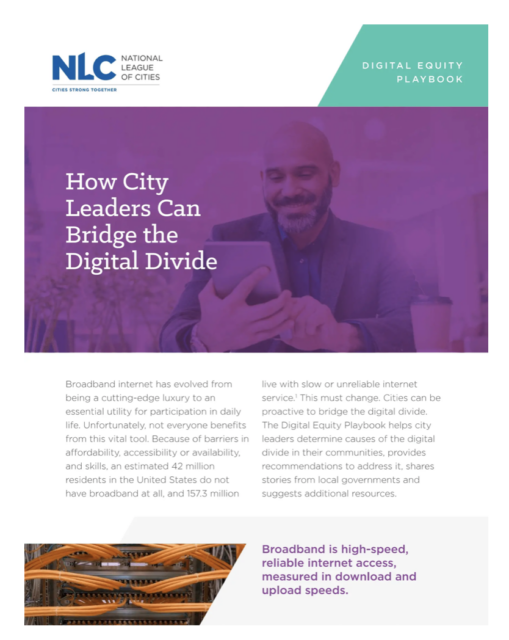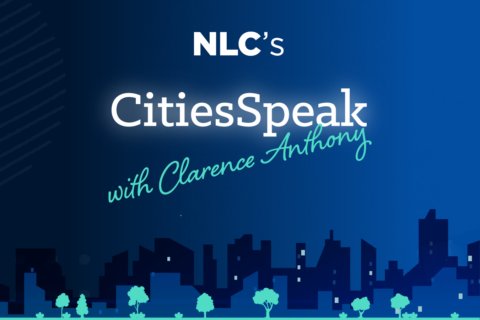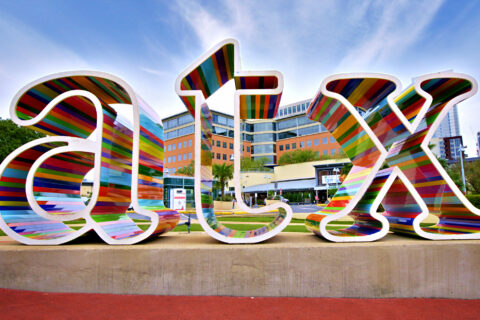Broadband internet has evolved from a cutting-edge luxury to an essential utility for participation in daily life. Without access to the internet over the course of the last year’s pandemic, people wouldn’t have been able to get lifesaving COVID-19 information from their local government, work or participate in school remotely or stay connected with loved ones.
Unfortunately, not everyone benefits from this vital tool. Because of barriers in affordability, accessibility or availability and skills, an estimated 42 million residents in the United States do not have access to broadband at all, and 157.3 million live with slow or unreliable internet service. This must change.
City leaders now have the opportunity to proactively address the digital divide in their communities. The federal government is distributing historic quantities of money in the coming months and years to expand broadband access and adoption – but are communities ready?
The funds available through the American Rescue Plan Act’s State and Local Fiscal Recovery Fund, as well as more than $65 billion of the Infrastructure Investment and Jobs Act, are available to help communities close the digital divide. But in order to compete for and effectively use these resources, cities, towns and villages must be ready to act. While most local leaders are aware of the digital divides within their communities or regions, they may not know the know the magnitude, root causes or ideal solutions for these inequities. In some places, residents may be disconnected because the local broadband infrastructure is absent or inadequate for their needs. In others, local markets may lack competition, or connections for homes and businesses may not be affordable. In still others, residents may have access to affordable home internet subscriptions, but lack the computers or technical skills to see value in getting online.
That’s why the National League of Cities launched its new resource, a Digital Equity Playbook: How City Leaders Can Bridge the Digital Divide. This new resource helps community leaders at all stages of their digital equity journeys assess local challenges and build a digital equity plan for the future.
Within the resource, city leaders can complete a broadband needs assessment that helps them understand exactly where their community stands in terms of broadband access, when compared to states, peer cities and the country as a whole. The tool tailors publicly available, national-level data to fit a city’s boundaries so that city leaders are able to focus on implementing solutions and serving parts of their communities that are most in need.
The playbook also includes more than 40 compelling case studies to give city leaders a sense of creative solutions that may work in their own communities. Local leaders can explore infrastructure and programmatic solutions to closing the gap in broadband access from the Town of Rockport, ME to the City of San Jose, CA. Each community is unique, and one size does not fit all. Whether your community hopes to launch its own broadband utility or create a new digital literacy program for seniors, every city has work to do to improve equitable broadband access and adoption.
As federal agencies prepare to launch new grant programs that fund broadband infrastructure, digital equity programs and local planning efforts, communities that have taken steps to learn about digital equity and assess local needs will be ahead of the competition when seeking federal or state support.
Access to affordable, high-quality broadband matters. It has a real impact on the lives of residents, and we know that access to the internet leads to better health, educational and professional outcomes. Now is the time for cities to take action and implement the right solutions for their communities to ensure they can benefit from this vital tool.
Read the Digital Equity Playbook.
Find out how your community can help bridge the digital divide.











